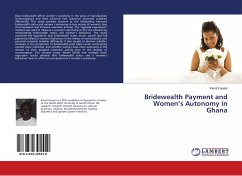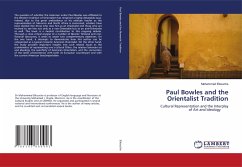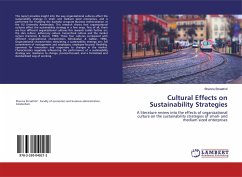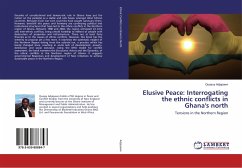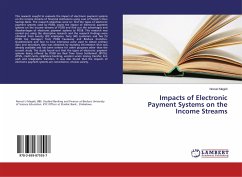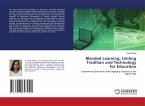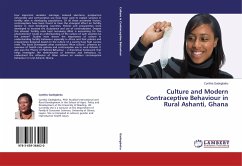Does bridewealth affect women's autonomy in the areas of reproduction (contraception) and their personal lives (personal economic activities) differently? This study provides answers to the relationship between bridewealth status and women's autonomy in two arenas of women's lives (Contraception and Personal economic activity). The "vignette experiment" method was used to measure a woman's autonomy in the two domains by manipulating bridewealth status and woman's behaviour. The study examined the hypothesis that bridewealth status (none, partial and full payments) affects a woman's behaviour in the arenas of contraception and personal economic activities differently. It also sought to discover whether increases in the proportion of bridewealth paid make norms constraining women more restrictive, and whether women have more autonomy in the domain of their personal economic activity than in the domain of contraception. The General Linear Model (GLM) and multiple linear regression results showed that bridewealth status and a woman's behaviour have an effect on perceptions of a women's autonomy.
Bitte wählen Sie Ihr Anliegen aus.
Rechnungen
Retourenschein anfordern
Bestellstatus
Storno

